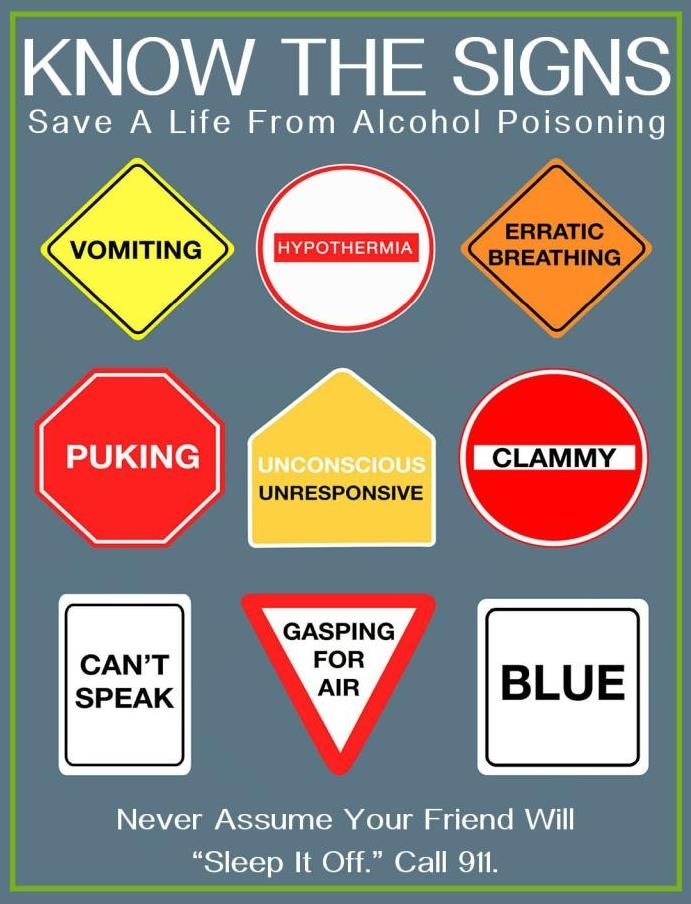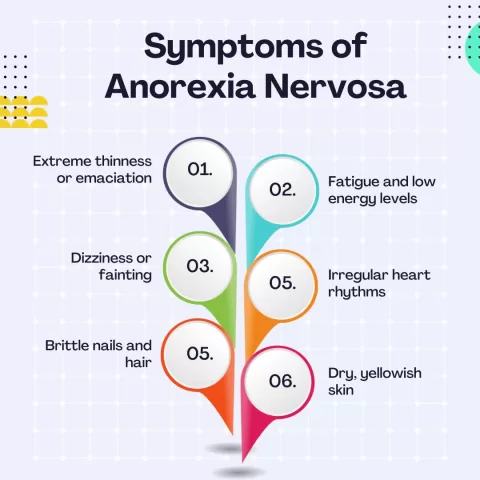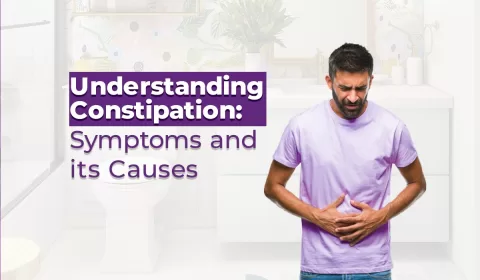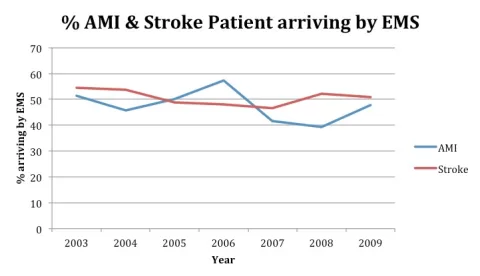Alcohol poisoning is a serious medical emergency that can arise from consuming excessive amounts of alcohol in a short period. It is characterized by a range of symptoms, including confusion, vomiting, slow or irregular breathing, and even unconsciousness, all of which can signify a life-threatening situation. The treatment for alcohol poisoning often involves supportive care and immediate medical intervention to monitor vital signs and prevent choking. Recent incidents, particularly involving bootleg alcohol and methanol poisoning, have underscored the dangers of consuming illicit substances, leading to tragic outcomes. Understanding alcohol poisoning symptoms and the risks of an alcohol overdose is essential for prevention and timely response.
When discussing the dangers of excessive alcohol consumption, terms like alcohol overdose or acute ethanol intoxication often come to mind. This phenomenon, commonly referred to as alcohol poisoning, arises when one consumes a high volume of alcoholic beverages in a brief timeframe, resulting in dangerously elevated blood alcohol concentrations. Methanol poisoning, frequently linked to illicitly produced spirits, poses significant health risks and has led to numerous fatalities in various regions. Recognizing the symptoms associated with acute intoxication is critical for ensuring safety and implementing effective treatment strategies. Understanding these terms and their implications can foster greater awareness around responsible drinking and the risks of counterfeit alcohol.
Understanding Alcohol Poisoning Symptoms
Alcohol poisoning symptoms are critical to recognize as they can be life-threatening. Common signs include confusion or stupor, where the affected individual may appear disoriented and unable to respond appropriately to their surroundings. Additionally, vomiting is a frequent occurrence, posing severe risks, especially if the person is unconscious or semi-conscious, as they might choke on their vomit. This condition can lead to further complications like aspiration pneumonia, making timely identification of these symptoms crucial.
Other alarming symptoms of alcohol poisoning include seizures, which can occur due to the depressant effects of alcohol on the central nervous system. Slow or irregular breathing is another grave indicator, characterized by fewer than eight breaths per minute, which can lead to hypoxia or even coma. Hypothermia, where the body temperature drops to dangerous levels, can also occur, often leading to cardiac arrest. Recognizing these symptoms promptly can ensure individuals receive essential medical attention before complications arise.
Treatment for Alcohol Poisoning: Essential Steps
The treatment for alcohol poisoning focuses primarily on supportive care and immediate medical intervention. One of the first steps is to place the affected person in the recovery position, which helps to prevent choking in case they vomit. It is crucial to monitor their vital signs, including breathing and heart rate, to detect any alarming changes. If symptoms such as severe confusion, slow or irregular breathing, or unconsciousness occur, seeking emergency medical help is imperative to improve the chances of survival.
In emergency settings, medical professionals may administer intravenous fluids to combat dehydration and electrolytic imbalances caused by excessive alcohol consumption. Although traditional methods like gastric lavage and activated charcoal are generally not recommended in cases of alcohol poisoning, supportive treatments such as oxygen therapy may be necessary for those experiencing respiratory distress. The primary goal of treatment is to stabilize the patient and prevent further complications from occurring.
The Risks of Bootleg Alcohol and Methanol Poisoning
The consumption of bootleg alcohol poses significant risks, particularly in light of recent incidents involving methanol poisoning. Methanol, a toxic form of alcohol often found in illicitly produced beverages, can lead to severe health consequences, including permanent damage to the nervous system or death. This is especially concerning in regions where counterfeit products are prevalent, as individuals may unwittingly consume these dangerous substances, believing they are safe.
Awareness of the dangers associated with bootleg alcohol is crucial for prevention. Authorities and health organizations have been urging the public to be vigilant and to educate themselves on how to recognize counterfeit alcohol by inspecting labels and packaging for irregularities. Preventive measures also include refraining from purchasing alcohol from unverified sources and understanding the potential consequences of consuming such products, which can lead to alcohol poisoning and other serious health issues.
Prevention Strategies for Alcohol Overdose
Preventing alcohol overdose and poisoning requires a multifaceted approach that emphasizes education and awareness. One of the best strategies is to avoid consuming bootleg or homemade alcohol, especially in areas known for the prevalence of such products. Educating individuals about the risks associated with counterfeit alcohol can empower them to make safer choices when it comes to drinking. Additionally, understanding the importance of responsible drinking and knowing one’s limits can significantly reduce the risk of alcohol poisoning.
Communities can benefit from programs that promote awareness around alcohol consumption and its potential dangers. This includes informing the public about the signs of alcohol poisoning and the importance of timely medical intervention. By fostering open discussions about alcohol use and its risks, societies can work towards reducing stigma and encouraging responsible behaviors, ultimately leading to a decrease in incidents of alcohol poisoning.
Recent Developments in Alcohol Poisoning Awareness
Recent developments in the fight against alcohol poisoning highlight the need for ongoing public awareness and education. Countries like Turkey have experienced alarming spikes in alcohol poisoning cases linked to bootleg alcohol, prompting government officials to issue warnings and guidelines to protect citizens and tourists alike. These measures include advising against the consumption of suspicious alcoholic beverages and increasing public awareness of the potential dangers associated with counterfeit products.
Furthermore, recent news stories have shed light on the importance of recognizing symptoms of alcohol poisoning and the critical need for immediate treatment. With incidents reported in various locations, including the United States, it is evident that the issue of alcohol-related harm is pervasive. Continuous efforts to educate communities about alcohol poisoning symptoms and preventive strategies are essential in mitigating risks and ensuring safer drinking environments.
Frequently Asked Questions
What are the common symptoms of alcohol poisoning?
Alcohol poisoning symptoms can include confusion, stupor, vomiting, seizures, slow or irregular breathing, hypothermia, and unconsciousness. Recognizing these signs is critical for timely intervention.
What is the treatment for alcohol poisoning?
The treatment for alcohol poisoning focuses on supportive care, which includes keeping the person in a recovery position, monitoring vital signs, and seeking emergency medical help if serious symptoms are present.
How can bootleg alcohol contribute to alcohol poisoning?
Bootleg alcohol, often containing toxic substances like methanol, can lead to severe alcohol poisoning. It’s crucial to avoid consuming unverified or counterfeit alcohol to prevent these dangerous outcomes.
What is methanol poisoning and how does it relate to alcohol poisoning?
Methanol poisoning is a form of alcohol poisoning caused by ingesting methanol, a toxic alcohol. Symptoms can be severe, and it often requires immediate medical intervention to prevent life-threatening consequences.
What are the risks of alcohol overdose?
Alcohol overdose, or alcohol poisoning, occurs when high amounts of alcohol are consumed rapidly, leading to dangerously high blood alcohol concentrations. This can result in a range of symptoms from confusion to death, highlighting the importance of responsible drinking.
| Key Points | Details |
|---|---|
| Definition | Severe reaction to alcohol overdose, with dangerously high blood alcohol concentration (BAC). |
| Symptoms | Confusion, vomiting, seizures, slow breathing, hypothermia, unconsciousness. |
| Treatment | Supportive care: recovery position, monitor vital signs, seek emergency help. |
| Prevention | Avoid bootleg alcohol, recognize counterfeit products, educate on responsible drinking. |
Summary
Alcohol poisoning is a serious condition resulting from consuming excessive amounts of alcohol in a short time. As highlighted by recent events, such as the tragic surge of alcohol poisoning cases in Turkey, awareness of this issue is crucial. Symptoms include confusion, seizures, and slow breathing, which require immediate medical attention. Preventive measures, such as avoiding bootleg or counterfeit alcohol and promoting responsible drinking habits, are essential to mitigate the risks associated with alcohol poisoning. By fostering education and awareness, we can create a safer environment and reduce the incidents of alcohol-related emergencies.
The content provided on this blog (e.g., symptom descriptions, health tips, or general advice) is for informational purposes only and is not a substitute for professional medical advice, diagnosis, or treatment. Always seek the guidance of your physician or other qualified healthcare provider with any questions you may have regarding a medical condition. Never disregard professional medical advice or delay seeking it because of something you have read on this website. If you believe you may have a medical emergency, call your doctor or emergency services immediately. Reliance on any information provided by this blog is solely at your own risk.








